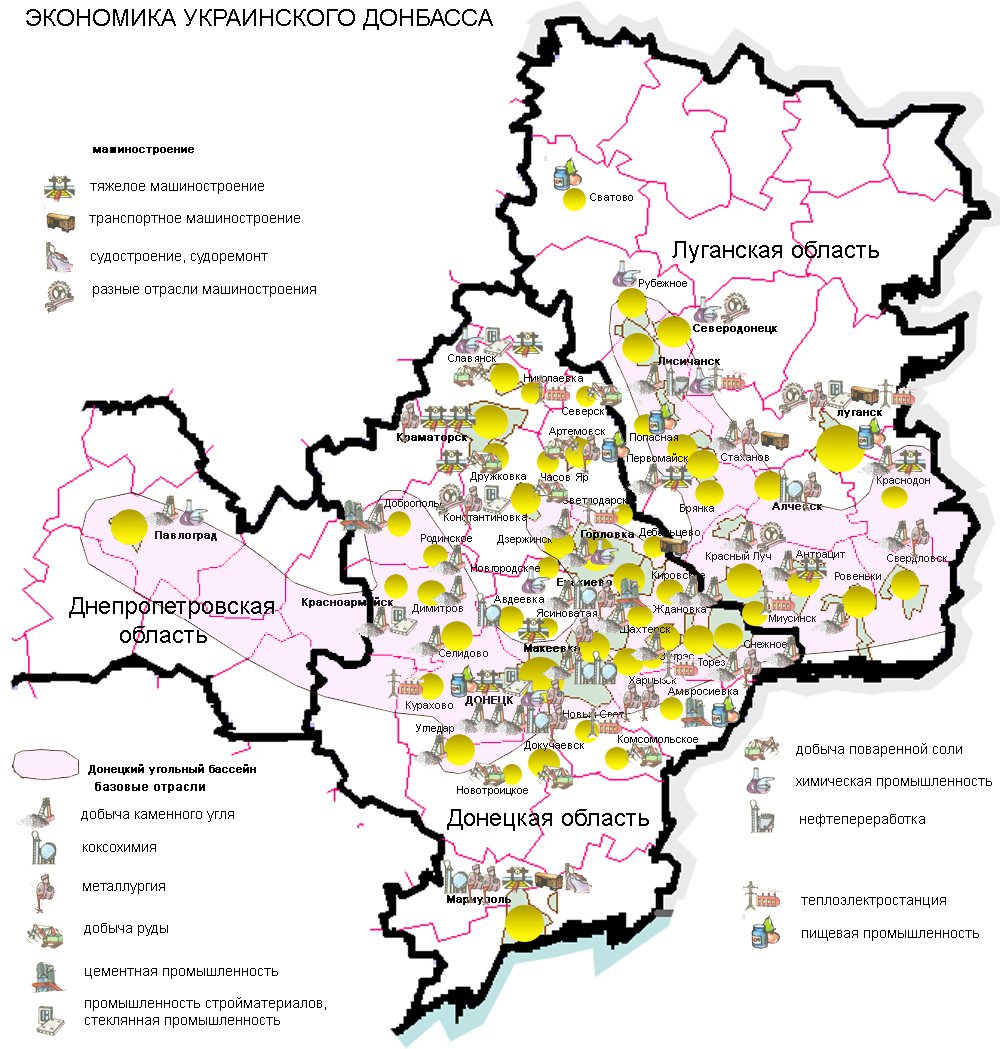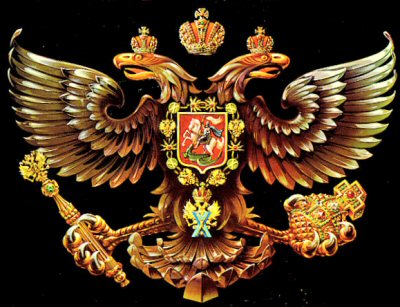What does the Democratic party stand for?
In a recent
New York Times, Paul Krugman reminds us that President Franklin Delano Roosevelt spelled it out pretty well in a speech of 78 years ago
here.
The speech, delivered at Madison Square Garden in October, 1936, would need only minor edits to apply today. Here are some excerpts:
"Tonight I call the roll—the roll of honor of those who stood with us in 1932 and still stand with us today.
Written on it are the names of millions who never had a chance—men at starvation wages, women in sweatshops, children at looms. Written
on it are the names of those who despaired, young men and young women
for whom opportunity had become a will-o'-the-wisp.
"Written on it
are the names of farmers whose acres yielded only bitterness, business
men whose books were portents of disaster, home owners who were faced
with eviction, frugal citizens whose savings were insecure.
Written
there in large letters are the names of countless other Americans of
all parties and all faiths, Americans who had eyes to see and hearts to
understand, whose consciences were burdened because too many of their
fellows were burdened, who looked on these things four years ago and
said, "This can be changed. We will change it...."
"
For twelve years this Nation was afflicted
with hear-nothing, see-nothing, do-nothing Government. The Nation looked
to Government but the Government looked away. Nine mocking years with
the golden calf and three long years of the scourge! Nine crazy years at
the ticker and three long years in the breadlines! Nine mad years of
mirage and three long years of despair! Powerful influences strive today
to restore that kind of government with its doctrine that that
Government is best which is most indifferent....
"We had to struggle with the old enemies—business and financial monopoly, speculation, reckless banking,
class antagonism, sectionalism, war profiteering. They had begun
to consider the Government of the United States as a mere appendage to
their own affairs.
We know now that Government by organized money is
just as dangerous as Government by organized mob.
"Never before in
all our history have these forces been so united against one candidate
as they stand today," President Roosevelt said. "They are unanimous in their hate for me—and I
welcome their hatred...."
"....today there is only one entrance to the White House—by the
front door. Since March 4, 1933, there has been only one pass-key to the
White House. I have carried that key in my pocket. It is there tonight.
So long as I am President, it will remain in my pocket....Those who
used to have pass-keys are not happy...."
"The very employers and
politicians and publishers who talk most loudly of class antagonism and
the destruction of the American system now undermine that system by this
attempt to coerce the votes of the wage earners of this country. It is
the 1936 version of the old threat to close down the factory or the
office if a particular candidate does not win.
It is an old strategy of
tyrants to delude their victims into fighting their battles for them....
"This is our answer to those who, silent about their own plans, ask us to state our objectives.
Of
course we will continue to seek to improve working conditions for the
workers of America—to reduce hours over-long, to increase wages that
spell starvation, to end the labor of children, to wipe out sweatshops.
Of course we will continue every effort to end monopoly in business, to
support collective bargaining, to stop unfair competition, to abolish
dishonorable trade practices. For all these we have only just begun to
fight.
Of course we will continue to work for cheaper electricity
in the homes and on the farms of America, for better and cheaper
transportation, for low interest rates, for sounder home financing, for
better banking, for the regulation of security issues, for reciprocal
trade among nations, for the wiping out of slums. For all these we have
only just begun to fight....
"Of course we will continue our efforts
in behalf of the farmers of America. With their continued cooperation we
will do all in our power to end the piling up of huge surpluses which
spelled ruinous prices for their crops. We will persist in successful
action for better land use, for reforestation, for the conservation of
water all the way from its source to the sea, for drought and flood
control, for better marketing facilities for farm commodities, for a
definite reduction of farm tenancy, for encouragement of farmer
cooperatives, for crop insurance and a stable food supply. For all these
we have only just begun to fight....
"Of course we will provide useful work for the needy unemployed....
"Here
and now I want to make myself clear about those who disparage their
fellow citizens on the relief rolls.
They say that those on relief are
not merely jobless—that they are worthless. Their solution for the
relief problem is to end relief—to purge the rolls by starvation. To use
the language of the stock broker, our needy unemployed would be cared
for when, as, and if some fairy godmother should happen on the scene.
You
and I will continue to refuse to accept that estimate of our unemployed
fellow Americans. Your Government is still on the same side of the
street with the Good Samaritan and not with those who pass by on the
other side....
"Again—what of our objectives?
Of course we will
continue our efforts for young men and women so that they may obtain an
education and an
opportunity to put it to use. Of course we will
continue our
help for the crippled, for the blind, for the mothers, our
insurance for the unemployed, our
security for the aged. Of course we
will continue to
protect the consumer against unnecessary price spreads,
against the costs that are added by monopoly and speculation. We will
continue our successful efforts to
increase his purchasing power and to
keep it constant.
For these things, too, and for a multitude of others like them,
we have only just begun to fight...."
"We have
need of that [faith] today....which makes it possible for
government to persuade those who are mentally prepared to fight each
other to go on instead, to work for and to sacrifice for each other.
That is why we need to say with the Prophet: "What doth the Lord require
of thee—but to do justly, to love mercy and to walk humbly with thy
God."
 USS Langley Under Attack By Japanese Navy Aircraft February 27, 1942
USS Langley Under Attack By Japanese Navy Aircraft February 27, 1942 







 © Pep Avila
© Pep Avila

